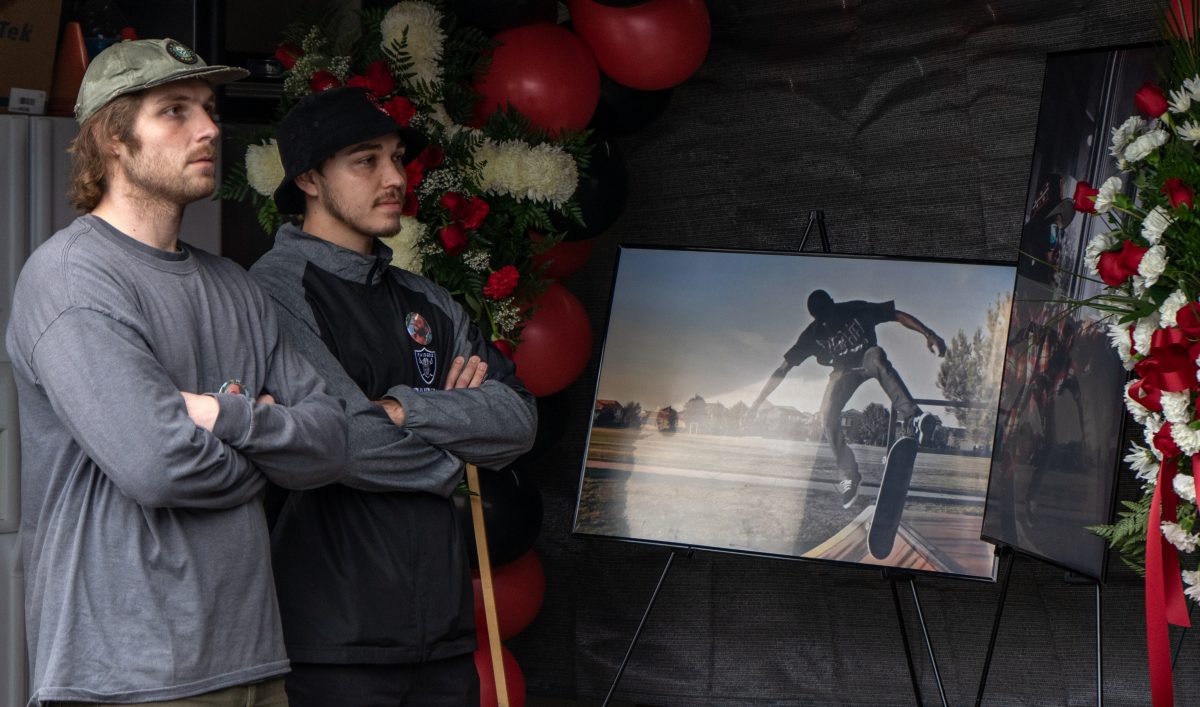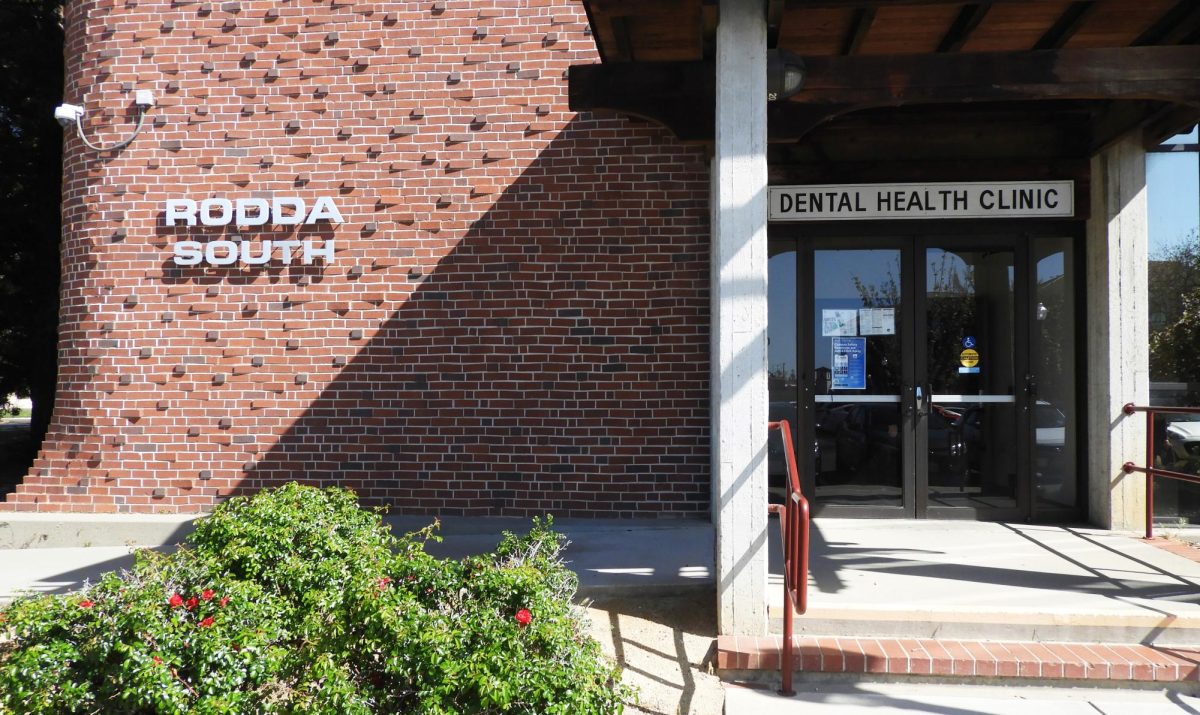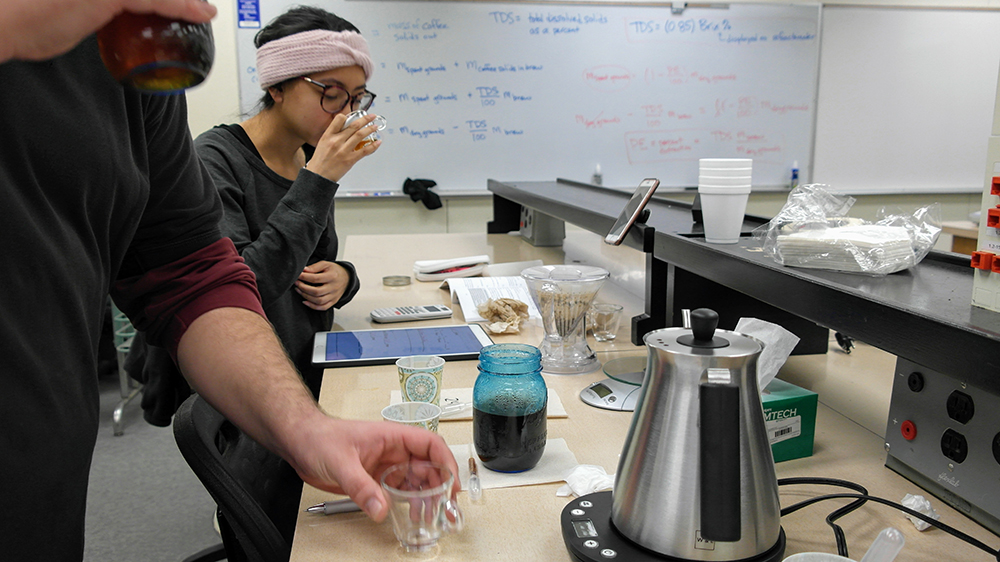Nita Gardipee
Staff Reporter
ngardipee.express@gmail.com
It’s the morning, you decide to make a stop by your favorite coffee shop to grab some fuel before class only to remember that your chemistry lab doesn’t allow food or drink, forcing you to ditch the coffee before you could even enjoy it. You may ask yourself why you didn’t just have your Joe at home? Or better yet, why not take a class that both allows you to have your coffee, but teaches you how to make it?
The students in Professor Bill Miller’s Chemistry of Coffee class are no longer finding themselves in such a coffee conundrum–at least on Friday mornings, that is. The class takes place in a physics lab, where it’s safe to eat and drink without the presence of chemicals.
“This class is all about making the best cup of coffee and using science to do that,” Miller said.
Miller is teaching the lab this semester as an experimental offering, the first time at City College. Miller said he had the idea to create it after speaking with his colleagues at his alma mater, UC Davis, where the course is offered each quarter. Miller has worked closely with UC Davis to develop lab exercises that students can easily understand and execute in a one unit course.
“Our goal is to turn this into a general education class that meets the lab science requirement with the idea that there are a lot of people out there that like coffee that may not know that they like science, as well,” Miller said. “But if we can get them in here and show them how to analyze things like, how to make the best cup of coffee, then, first-off, they learn a little science and maybe we hook them in to being future STEM majors.”
Along with his affection for a quality cup of java, Miller said his background in chemical engineering gave him a solid foundation to construct and teach the class.
“I love coffee; my students will tell you that,” Miller said. “I teach general chemistry here. But I’ve also, for about four years, been roasting my own beans at my house.”
The students in this class are also roasting their own beans. Although some beans were purchased, Miller said they were lucky enough to receive beans donated from UC Davis and from local roasting company Chocolate Fish Coffee.
One aspect students are exploring is distinguishing the characteristics of coffee from different locations, according to Miller. This semester they will taste Indonesian, Costa Rican and Ethiopian beans.
“The students are going through looking at the different tastes of different beans, which also is part of making the best cup of coffee,” Miller said.
In addition to beans, Chocolate Fish Coffee has also loaned their trainer, Elvira Conti, to teach the students how to taste a cup of coffee. The class will take a field trip to the Folsom Boulevard location to learn the official cupping process used to evaluate coffee in professional settings.
The students will conduct many different exercises designed to break down the science behind a good cup of coffee. Miller explained that an important part of any science is measuring the energy used, and ideally, minimizing the energy input while maximizing the output. In this case, that means using the least amount of energy to create the best cup of coffee.
“Last week we measured the different energy of the different aspects of making a cup of coffee,” Miller said. “Such as, how much energy does it take to heat the water? How much energy does it take to roast the coffee beans? How much energy does it take to grind the beans? Because energy costs money. So you can think of the best cup of coffee with the least amount of money, too.”
Miller said the class has a lot of fun making good coffee, but occasionally his students get to experience another end of the spectrum for comparison.
“A couple weeks ago we made really bad coffee,” Miller said. “Extract too little, the coffee tastes weak. Extract too much, the coffee tastes bitter.”
Communications major Avery Kelly is one of the 11 students enrolled in Miller’s lab. Kelly thinks this course is a practical and relatable application of science. He said he also enjoys being able to take the class with his friends while enjoying a good caffeine buzz.
“We get to drink coffee in class, so I’m always a little bit up,” Kelly said. “It saves me from stopping at the cafe and getting a $4 latte. Plus this is much higher quality; it’s the ‘fancy stuff’.”
Another of Miller’s students, chemical engineering major Brandon D’Cruz, said he already has a strong understanding of chemistry, but he thinks the lab is a fun class to take.
“It’s basically all labs, which is my favorite part of chemistry,” D’Cruz said. “If there’s any students that want to learn how to do labs, it’s a very easy way to get your feet wet in chemistry.”
Although Miller said that the class should appeal to anyone interested in science or coffee, being a coffee-lover is not a requirement. Biomedical Engineering major Mari-Beth Browne said she’s not a coffee drinker but enjoys the lab.
“I personally don’t really care for coffee taste-wise, I think it’s really bitter,” Browne said. “But I love the smell, so I have an interest in it. And I really like the idea of food science. I like that you can apply that whole scientific method of thought to something that people don’t really think about (in terms of science).”
According to Miller, though the class is still an experimental offering, it will be offered again in the coming fall semester. Experimental courses can be run up to two times before they can be made into a part of City College’s curriculum. Currently the class doesn’t meet general education requirements, but Miller hopes to turn it into a general education physical science class.
“There’s so much chemistry,” Miller said. “There’s so many chemical reactions. And yet, making coffee is an art.”
For more information about the Chemistry of Coffee lab course, contact Professor Bill Miller at MillerW@scc.losrios.edu or 916-558-2229.
[ngg_images source=”galleries” container_ids=”33″ display_type=”photocrati-nextgen_basic_imagebrowser” ajax_pagination=”1″ template=”/hermes/bosnaweb03b/b146/ipw.saccityexpress/public_html/wp-content/plugins/nextgen-gallery/products/photocrati_nextgen/modules/ngglegacy/view/imagebrowser-caption.php” order_by=”sortorder” order_direction=”ASC” returns=”included” maximum_entity_count=”500″]































